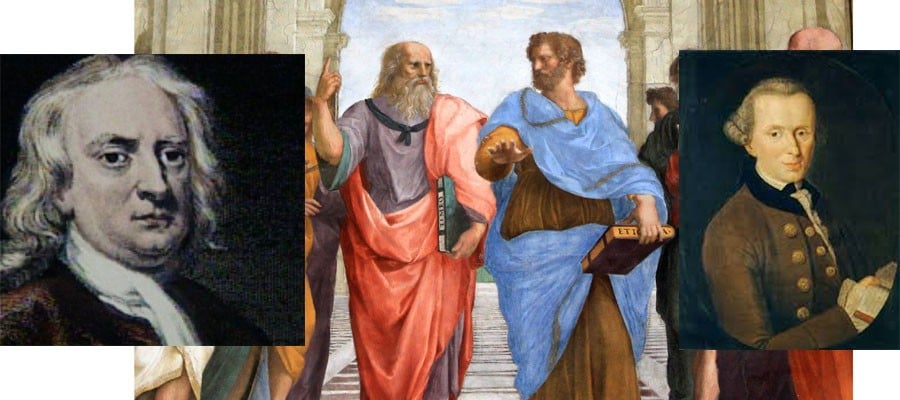

Sometimes one comes across niggling questions, simple yet multi-layered. An inquisitive youngster recently asked what, in my opinion, was the most influential event of history. I am usually irked when quizzed like that, but this time I kept my cool and started sifting my thoughts for a plausible answer. Invention of fire, wheel, artillery, printing press seemed equally important in the evolution of human civilization towards material progress which obviously led it to intellectual progress.
Of course, it is hard to question the validity of this answer, but it didn’t satiate the young lad’s curiosity. His keenness was circumscribed only to history of ideas. To me, the Enlightenment was one such phenomenon, though it cannot be designated as an event. Enlightenment triggered a process, because of which several revolutions including industrial revolution broke out, and a number of social movements got crystallised with far reaching impact.
In my estimation, the Enlightenment permeated to every nook and corner of the world and had quite a palpable rub on the lives of countless people. Rationality, human agency, ideas like freedom, equality and technological advancement could become possible because of the Enlightenment. Enlightenment philosophy was skeptical of religion -- especially the powerful Catholic Church -- monarchies and hereditary aristocracy. Its participants thought they were illuminating human intellect and culture after the "dark" Middle Ages.
Historians disagree on precisely when the Enlightenment began, though most of them agree that its origins are tied to the Scientific Revolution in the 1600s.The Scientific Revolution commenced with the publication of ‘Nicolaus Copernicus’ heliocentric (sun-centered) universe theory in 1543. ‘The many discoveries of the Scientific Revolution include ‘Johann Kepler’s three laws of planetary motion, Galileo Galilei’s theories of motion and inertia and Tycho Brahe’s new view of the stars and how they work.’ The Scientific Revolution prorogued with Isaac Newton’s discovery of the law of gravitation and understanding of a mechanical universe in the late 1600s. With all these developments, Judeo-Christian cosmological view was substituted with Copernican-Newtonian paradigm, which held that ‘while the God created the universe, science defined it, and it is through science that humans can understand it’.
When it comes to the most plausible definition of the Enlightenment, Immanuel Kant’s definition is one which is accepted as the most credible. He furnished that definition in one of his essays, "What Is Enlightenment?": Enlightenment is man’s emergence from his self-imposed nonage [many interpret nonage as "immaturity"]. Nonage is the inability to use one’s own understanding without another’s guidance … Dare (courage) to know! Have the courage to use your own understanding," is therefore the motto of Enlightenment. That is the motto of GC University, which I left just a few weeks ago. Among major thinkers who strived for upholding the ideals of the Enlightenment, I count Voltaire, John Locke, Thomas Hobbes, David Hume, Jean-Jacques Rousseau, Adam Smith, Immanuel Kant, Isaac Newton and Thomas Jefferson as representative figures.
The young man could not take my ‘monologue’ anymore and, in an agitating tone drew my attention to the yawning difference in the ideas and standpoint of these people that I had just mentioned. Well, that was a unique feature of the Enlightenment; it had not been monolithic, quite unlike any religious dogma. That probably is the most important reason for the sustenance of its ideals. Because of that trait, the Enlightenment drew its adversarial ideas, notions or ideologies into its own fold and forced them to reconcile with its ideals. Interestingly, it has created its own anti-thesis and then gradually rendered it hollow (Marxism may be advanced as a case in point.)
Here he chipped again with another question about the Eurocentric nature of Enlightenment. Of course the personalities that I had counted earlier were all Western. I conceded that Enlightenment was Eurocentric but simultaneously universal. While contesting the Enlightenment, one must invoke the rational argument(s) or critique that essentially is embedded in it. Even the likes of Gandhi who derided modernity (the very outcome of Enlightenment), could not do without wearing spectacles, travelling by train and using loud speaker in his parathana (prayer) meetings. I hope I am not over-stretching my assertion here to say that proponents of anti-western rhetoric are not, in most cases, anti-Enlightenment.